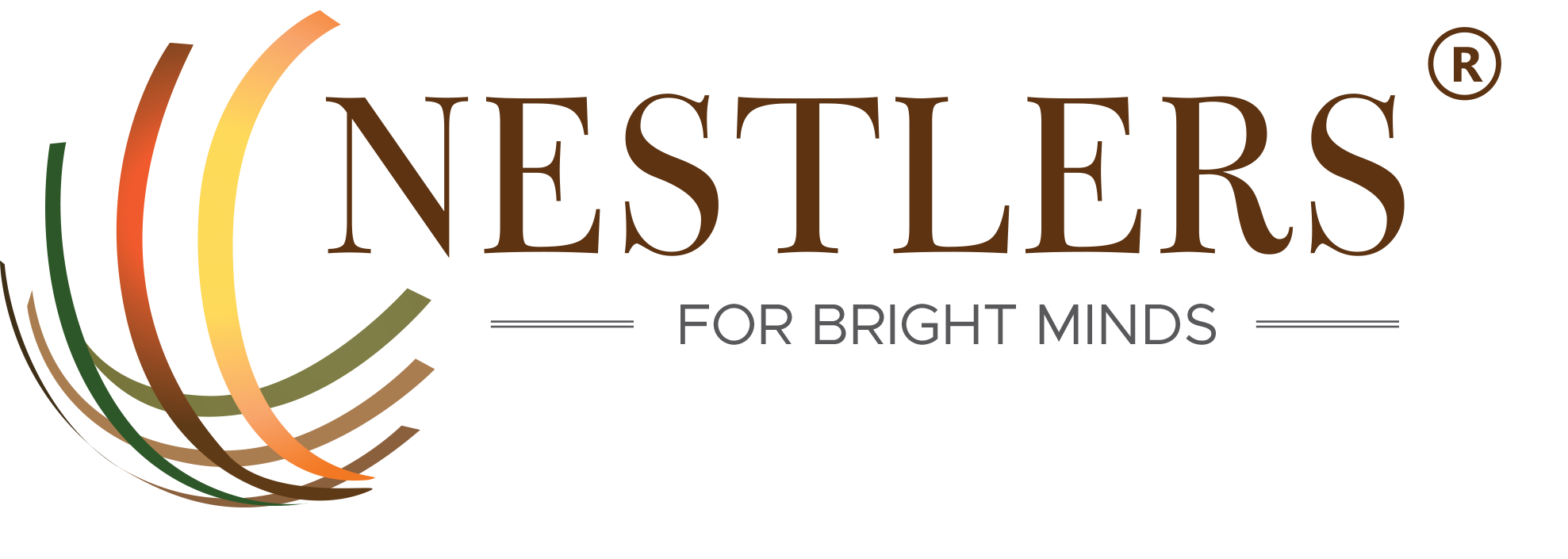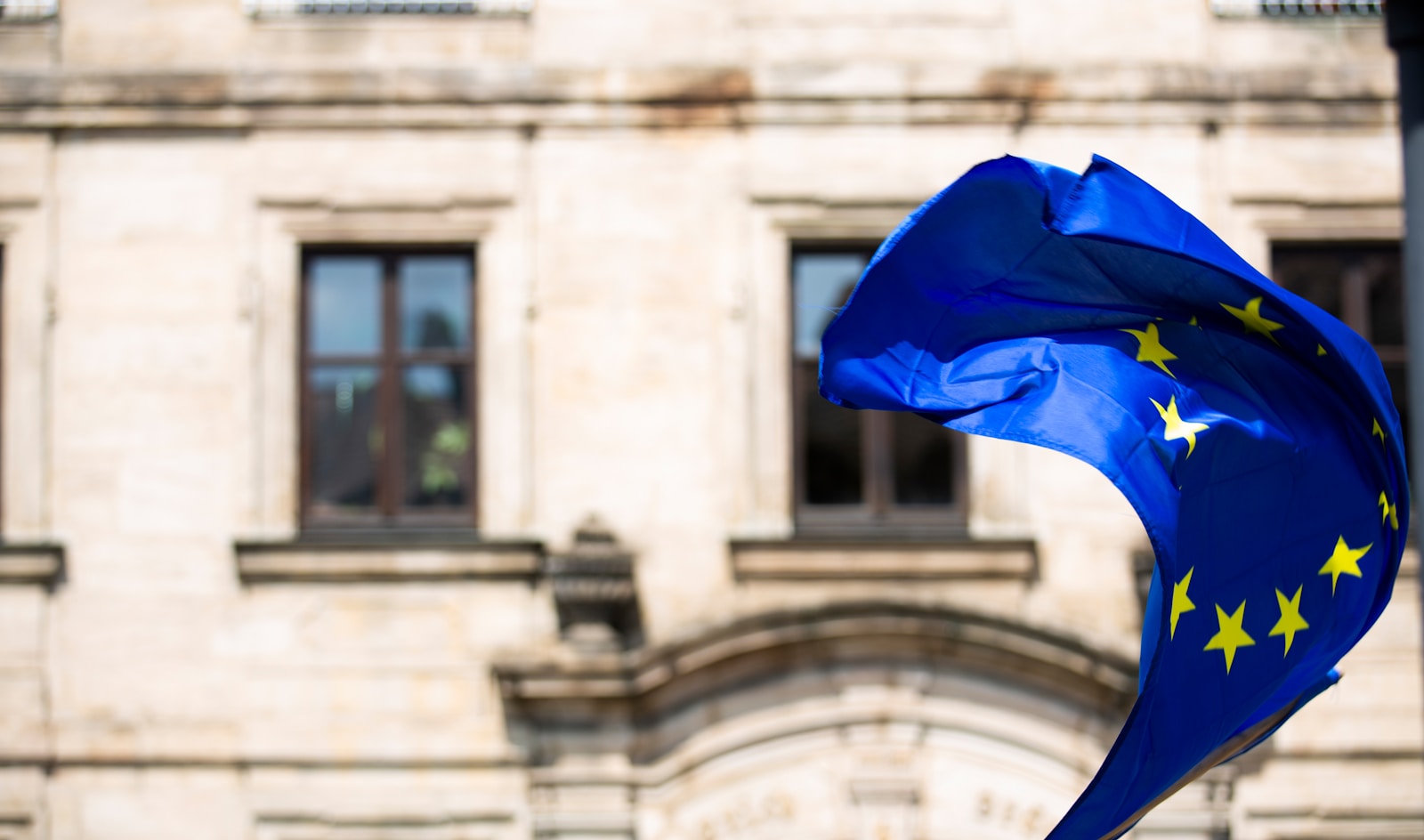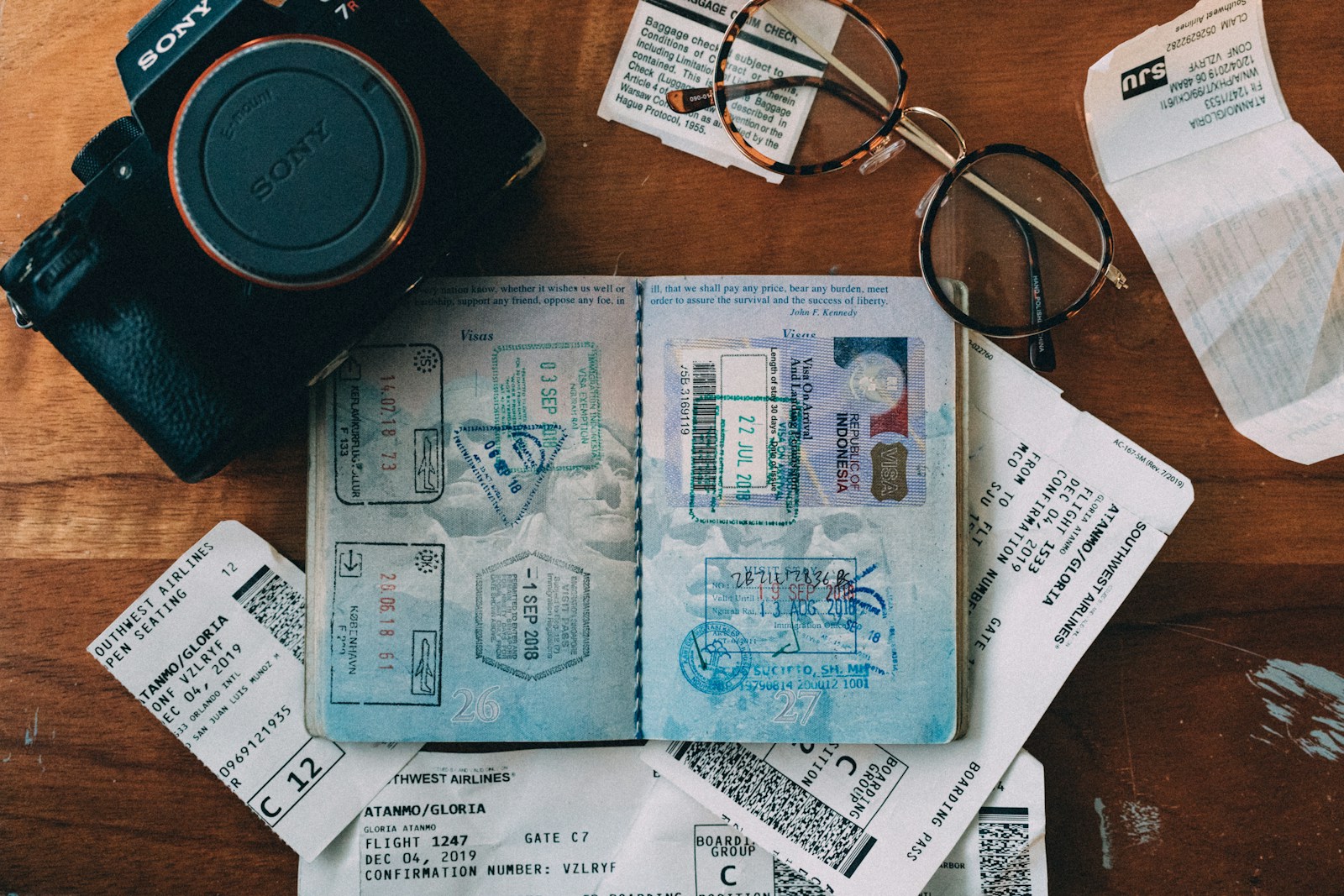France’s business culture in mainly characterised by a clearly organized hierarchy, where positions are set in terms of power. Professionalism and hard work are the two main drivers and the highest valued skills.
- Primary Contact: The first contact should always be established by a prior appointment – preferably to a minimum of two weeks prior to the meeting and should be done either by email or by telephone. You should avoid the months of July and August as most companies tend to go on vacation at those times. appointments usually take place from 9am to 6pm, and tend to be held at the company’s office.
- Punctuality: Punctuality is quite a valued practice in France, however a five-minute delay is generally tolerated but only if it has been informed ahead. Meetings however tend to be quite strictly structured and tend to be fairly inflexible. In France, time is considered to be of the highest value.
- Greetings: Handshakes are the social norm for greetings for both genders. It is expected to be brisk and light, with one or two up and down movements. It is recommended that you start a greeting in French – even if it is just a simple ‘bonjour’ – before moving to English. This is considered to be a sign of respect. Formality is highly regarded in France, so you should be using formal titles, especially when meeting your counterpart for the first time – such as ‘Madame’ or ‘Monsieur’.
- Gifting: Gifting is not a usual practice in France’s business culture and it usually only occurs during the holidays – Christmas and New Year’s – when it a simple chocolate or wine could go a long way. To express appreciation of your counterpart, it is more common to do so by hosting a dinner or an event tailor for their wishes. At social events, however – such as dinner parties – gifts should be expected, especially to thank the host.
- Dress-Code: Appearance is deemed to be of the highest importance, especially when it comes to first impressions in France. Quality business attire and accessories will make you stand out in a positive way. It is advisable to dress discreet and stylish, rather conservative for the first meeting, then adapt according to the appointment.
- Business Cards: There is no formal time when exchanging business cards, however it is usually done either at the beginning or at the end of a meeting, without any particular formality. However, it is quite important that your business card is translated on one side into French – this is considered a sign of respect and a big plus.
- Business Meetings: Usually meetings begin by outlining the agenda and the pre-established topics that need to be discussed. Small talk is usually not even taken into consideration and therefore, you should focus on the subject matter of the deal and not bring up personal matters such as family. Business intentions should be outlined clearly and stated directly. It is very common for the French to pay attention to every deal so please be prepared and carefully construct your proposal. Be prepared for numerous direct and especially detailed questions. Agreements usually tend to take a while to be confirmed and hence longer negotiations can indicate a higher chance of success.
In conclusion, French business culture tends to be quite formal and strict but very much driven by goals and successful encounters. French tend to maintain a clear distinction between their business and personal lives, so business relationships should not be mistaken for friendships.
Connect with Nestlers consultants
Do you need immigration and relocation services or consultancy?
It’s easy! Use the below contact form and one of our experts will provide you an answer as soon as possible.
Our consultants can help you in obtaining legal documents and can provide you with assistance regarding the immigration processes, relocation, taxes and payroll, Social Security (European forms A1, S1, U1, etc.) for your employees.





